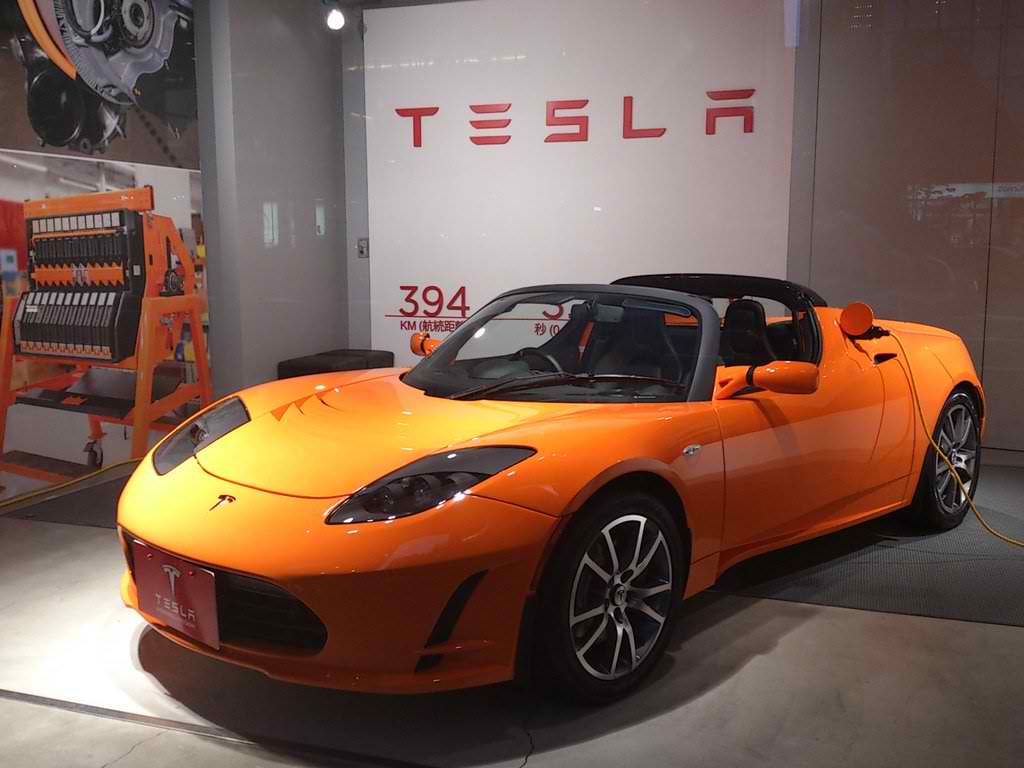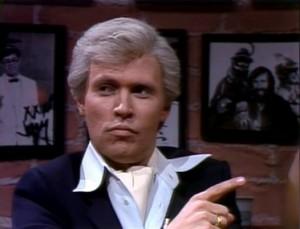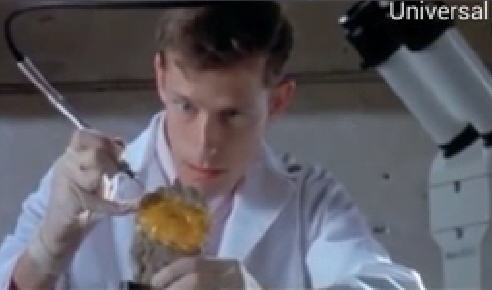 Marijuana For ADHD?
Marijuana For ADHD?Cannabis and THC, its main psychoactive compound, have been endorsed by people suffering from anxiety...
 Rutgers Study - Forcing DEI Programs On People Increases Hostility
Rutgers Study - Forcing DEI Programs On People Increases HostilityIf you have done nothing wrong, do you want to be treated like a criminal? That was always the...
 Minnesota Trial Lawyers Want To Ban Neonics - Here Is Why That Is A Mistake
Minnesota Trial Lawyers Want To Ban Neonics - Here Is Why That Is A MistakeMinnesota is having a challenging year, so challenging they are approaching California as the wackiest...
 The Toxic Masculinity Of Disney Movies
The Toxic Masculinity Of Disney MoviesOnce upon a time, stories were just stories. They were fantasies that took people to a new world...









 No one knows why Hypospadias, a birth defect where the urethral opening is abnormally placed, became more common among Swedish boys in recent decades. Before 1990, it happened in 4.5 per 1,000 boys, and after that increased to 8 per 1,000 boys.
No one knows why Hypospadias, a birth defect where the urethral opening is abnormally placed, became more common among Swedish boys in recent decades. Before 1990, it happened in 4.5 per 1,000 boys, and after that increased to 8 per 1,000 boys.
